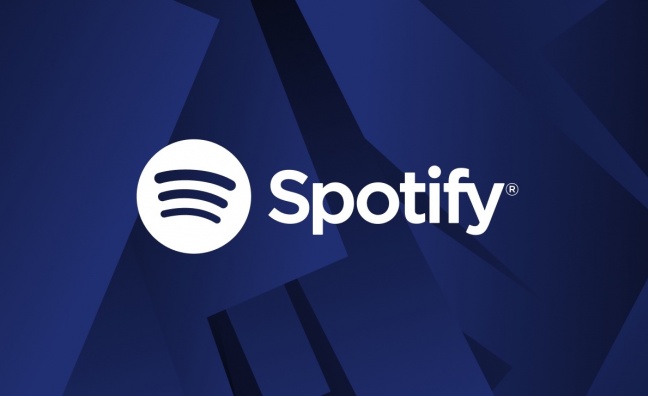Spotify has announced immediate plans to reduce global staff headcount by 17%.
The decision to tackle the company's cost structure will affect around 1,500 of the 9,000-strong workforce at the streaming giant.
Spotify CEO Daniel Ek described it as “a difficult but important day for the company”.
Spotify made cuts earlier this year in line with other tech companies, but not on this scale.
Ek today informed staff about the company’s organisational changes.
“Over the last two years, we’ve put significant emphasis on building Spotify into a truly great and sustainable business – one designed to achieve our goal of being the world’s leading audio company and one that will consistently drive profitability and growth into the future,” wrote Ek. “While we’ve made worthy strides, as I’ve shared many times, we still have work to do. Economic growth has slowed dramatically and capital has become more expensive. Spotify is not an exception to these realities.”
Describing the reorganisation as a “significant step change”, Ek acknowledged that “many smart, talented and hard-working people will be departing us”.
“To align Spotify with our future goals and ensure we are right-sized for the challenges ahead, I have made the difficult decision to reduce our total headcount by approximately 17% across the company,” he wrote.
“For those leaving, we’re a better company because of your dedication and hard work. Thank you for sharing your talents with us. I hope you know that your contributions have impacted more than half a billion people and millions of artists, creators, and authors around the world in profound ways.”
The huge reduction in the workforce comes despite Spotify being profitable during Q3 following price rises, and subscriber growth ahead of guidance.
“I realise that for many, a reduction of this size will feel surprisingly large given the recent positive earnings report and our performance,” wrote Ek. “We debated making smaller reductions throughout 2024 and 2025. Yet, considering the gap between our financial goal state and our current operational costs, I decided that a substantial action to rightsize our costs was the best option to accomplish our objectives. While I am convinced this is the right action for our company, I also understand it will be incredibly painful for our team.”
The decision to reduce our team size is a hard but crucial step towards forging a stronger, more efficient Spotify for the future
Daniel Ek
In 2020 and 2021, Spotify took advantage of low interest rates and invested significantly in team expansion, content enhancement, marketing and new verticals.
“These investments generally worked, contributing to Spotify’s increased output and the platform’s robust growth this past year,” wrote Ek. “However, we now find ourselves in a very different environment. And despite our efforts to reduce costs this past year, our cost structure for where we need to be is still too big.
“When we look back on 2022 and 2023, it has truly been impressive what we have accomplished. But, at the same time, the reality is much of this output was linked to having more resources. By most metrics, we were more productive but less efficient. We need to be both. While we have done some work to mitigate this challenge and become more efficient in 2023, we still have a ways to go before we are both productive and efficient.
“Today, we still have too many people dedicated to supporting work and even doing work around the work rather than contributing to opportunities with real impact. More people need to be focused on delivering for our key stakeholders – creators and consumers. In two words, we have to become relentlessly resourceful.”
“The decision to reduce our team size is a hard but crucial step towards forging a stronger, more efficient Spotify for the future,” added Ek. “But it also highlights that we need to change how we work. In Spotify’s early days, our success was hard won. We had limited resources and had to make the most of every asset. Our ingenuity and creativity were what set us apart. As we’ve grown, we’ve moved too far away from this core principle of resourcefulness.
“The Spotify of tomorrow must be defined by being relentlessly resourceful in the ways we operate, innovate, and tackle problems. This kind of resourcefulness transcends the basic definition – it’s about preparing for our next phase, where being lean is not just an option but a necessity.”
He added: “Embracing this leaner structure will also allow us to invest our profits more strategically back into the business. With a more targeted approach, every investment and initiative becomes more impactful, offering greater opportunities for success. This is not a step back; it’s a strategic reorientation. We’re still committed to investing and making bold bets, but now, with a more focused approach, ensuring Spotify’s continued profitability and ability to innovate. Lean doesn’t mean small ambitions; it means smarter, more impactful paths to achieve them. “










